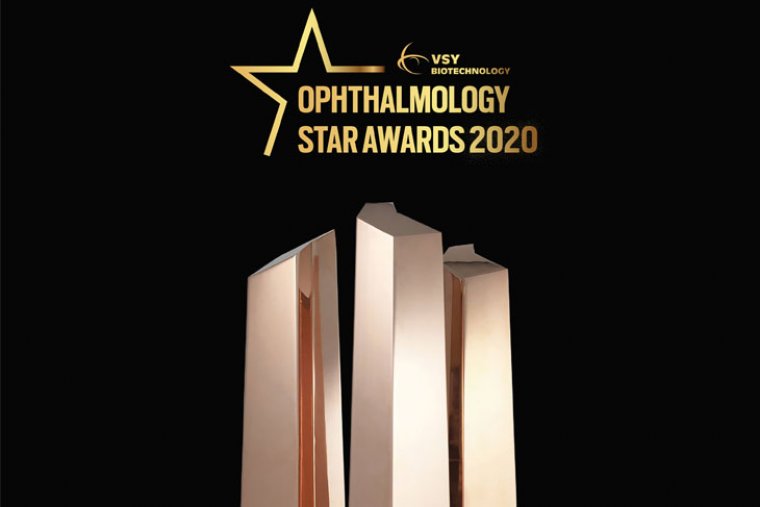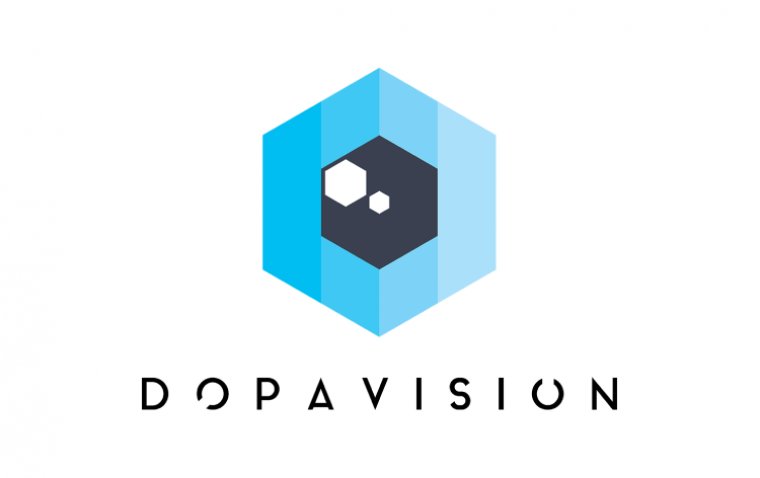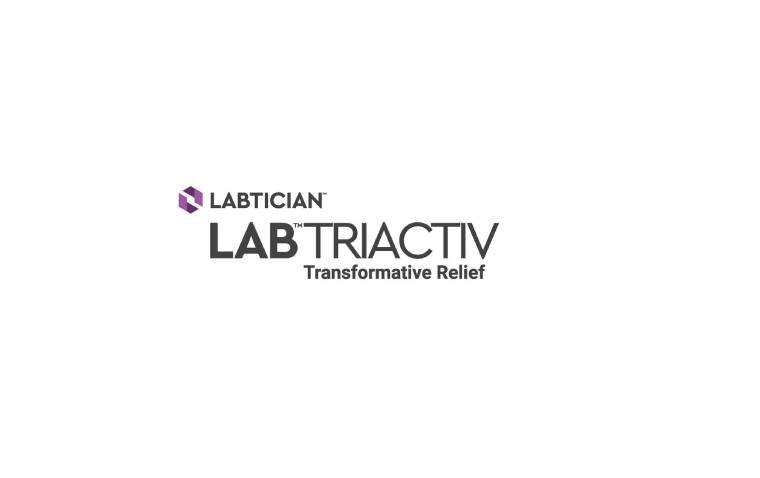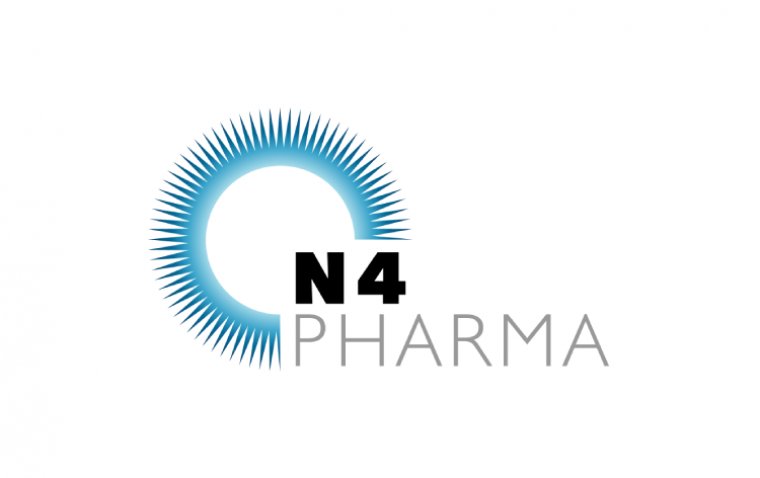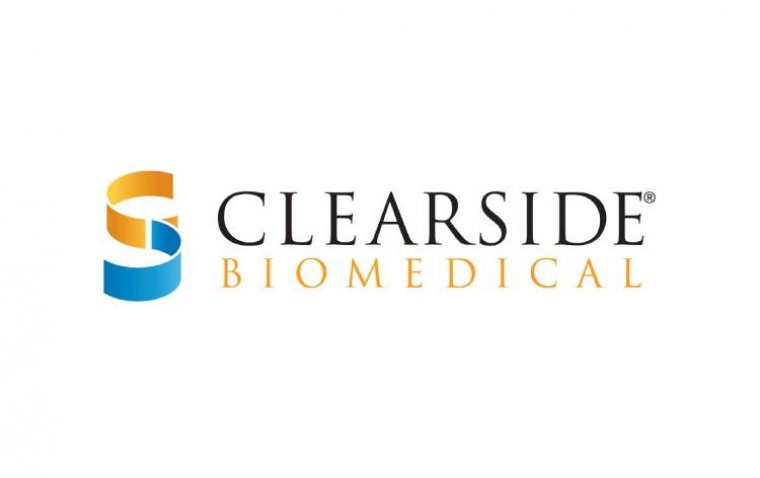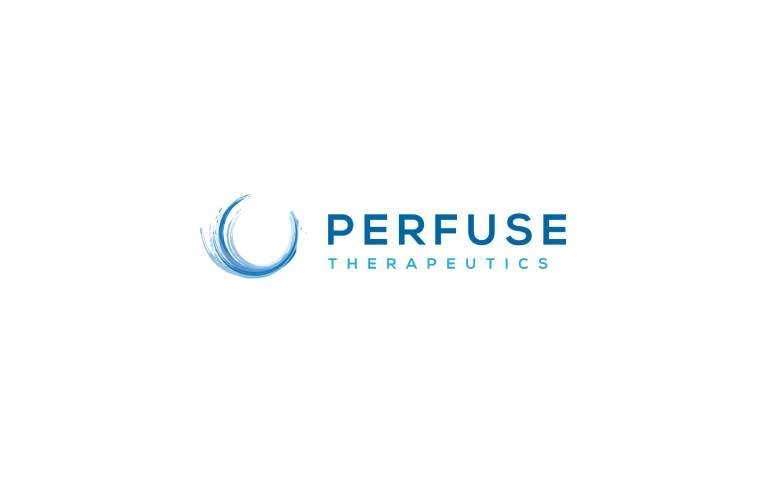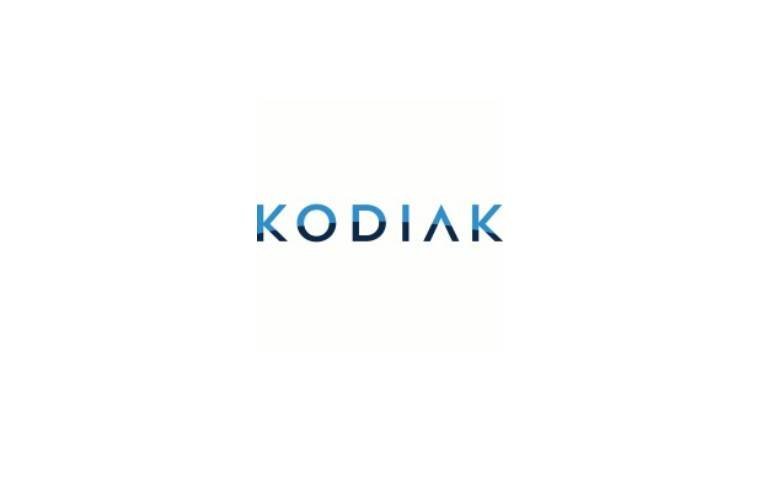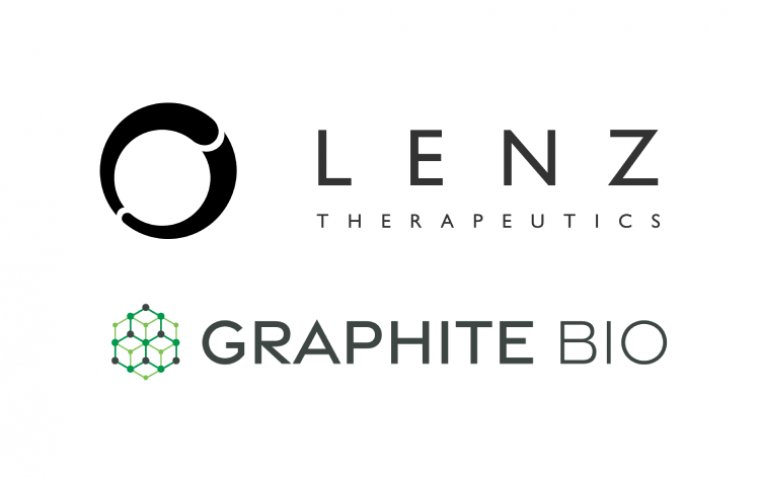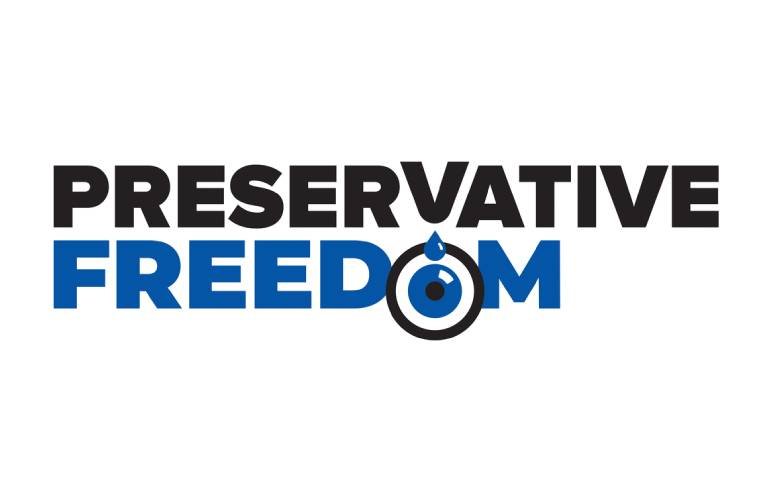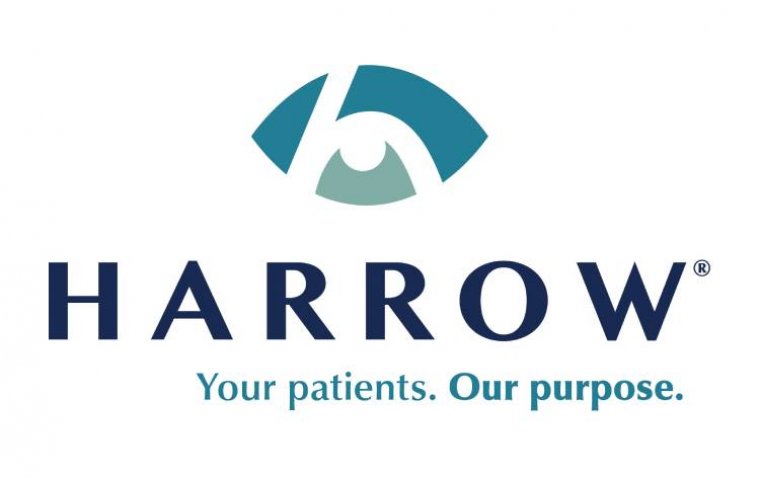
Harrow Announces Promising 52-Week Data from Vevye ESSENCE-2 Clinical Study
Harrow, a leading pharmaceutical company, has revealed the encouraging results from its ESSENCE‑2 open-label extension (OLE) clinical study for Vevye (cyclosporine ophthalmic solution) 0.1%, a novel treatment for dry eye disease (DED).
Study Design and Outcomes: ESSENCE-2 OLE Analysis
The ESSENCE-2 OLE study, a phase 3, prospective, multicenter, open-label clinical trial involving 202 patients who had previously completed the ESSENCE‑2 study, evaluated the efficacy and safety of Vevye administered twice daily for 52 weeks. Published in Cornea, the 1-year study demonstrated the sustained effectiveness and safety of Vevye in managing the signs and symptoms of DED.
Key findings include:
● Statistically significant enhancements in all prespecified efficacy endpoints compared to baseline at each visit.
● Early improvements in corneal staining, which stabilized over time, accompanied by continuous enhancement in tear production and subsequent symptom relief.
● The most frequent ocular treatment-related adverse events were mild instillation site pain in 13 patients (6.5%) and reduced visual acuity in 6 patients (3.0%). Only one patient withdrew from the 52-week study due to an ocular adverse event (mild burning/stinging).
● When asked to rate their satisfaction with the study eye drop on a scale of 0 to 10, with 10 being the highest rating, 33.1% of patients gave the highest possible rating of 10. Approximately 91% of patients rated a score of 5 or higher, indicating satisfaction with the treatment.
● Investigators concluded that water-free cyclosporine 0.1% ophthalmic solution was safe and well tolerated during long-term use.
Expert Insights: Dr. Laura M. Periman's Commentary
Commenting on the study findings, Dr. Laura M. Periman, ophthalmologist and Director of Dry Eye Services and Clinical Research at Periman Eye Institute, emphasized the significance of the results in addressing patient tolerability and treatment compliance. "In this 52-week study, perhaps the most impressive data point was that only one patient stopped using Vevye because of an ocular adverse event, which was mild burning and stinging," Dr. Periman remarked in a company news release. "ESSENCE-2 OLE data demonstrates the long-term potential of Vevye for patients suffering from chronic dry eye disease."
The study's outcomes underscore the promising role of Vevye in providing long-term relief to individuals grappling with the burdensome effects of chronic dry eye disease, offering hope for improved patient outcomes and treatment adherence.
(1).jpg)
